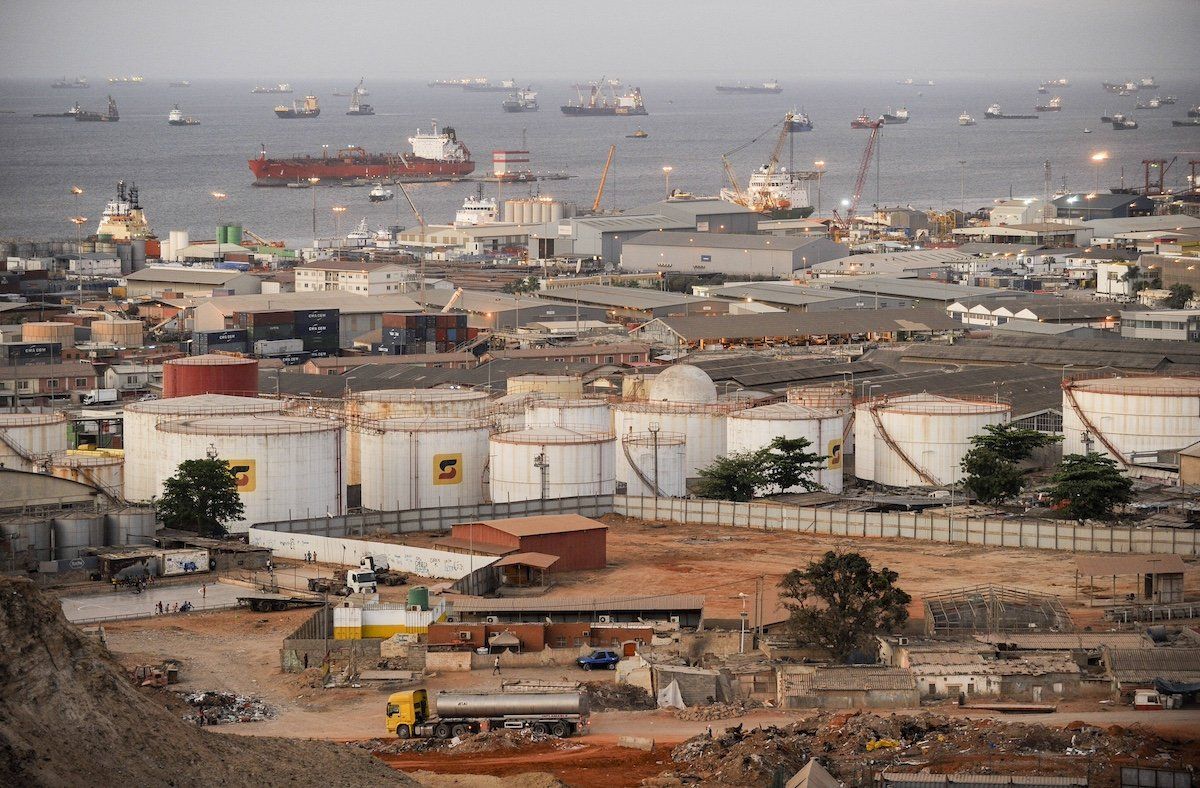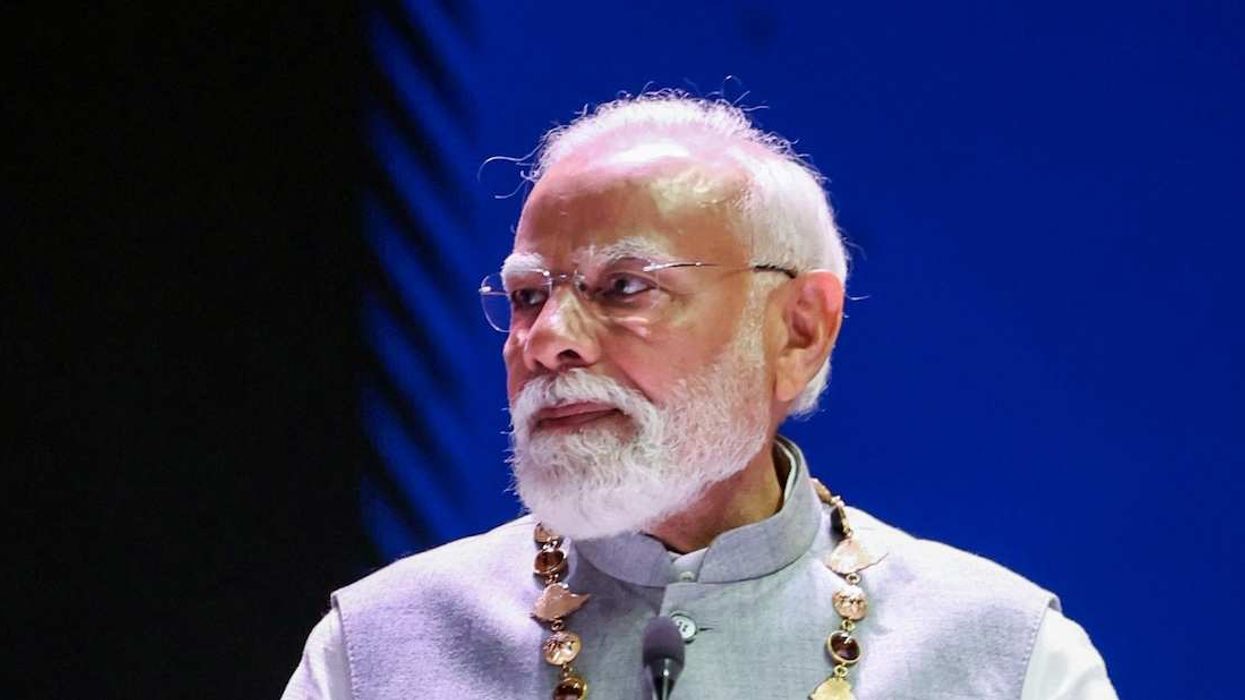Luanda took issue with OPEC’s insistence it lower production as it struggles to keep its aging, under-resourced wells pumping, and it decided on Thursday to cut ties with the oil-producing bloc. It is the third country after Ecuador and Qatar to leave OPEC in the last five years. Angola’s defection won’t push down the price you pay at the gas pump (they produce just 2% of the cartel’s output), but it throws into stark relief the diverging interests among the group's membership.
“The problem with OPEC has always been that the smaller countries are price takers, not price makers,” said Raad Alkadiri, Eurasia Group’s managing director for Climate, Resources, and Energy. While Saudi Arabia and Russia want oil output cuts to buoy prices, Angola has seen its production shrink some 40% in the last 8 years, thanks in part to outdated equipment and underinvestment. Luanda isn’t keen to sacrifice revenue it needs badly to satisfy Riyadh’s goals — and may see its interests best served by pumping as much as it can as fast as it can.
“If you look to a world where it's not just cheap production of hydrocarbons at scale that gives you a competitive edge, but clean, cheap production at scale, then Angola probably won't be able to compete in the longer term,” said Alkadiri, referring to Angola’s inability to raise investments for the cutting-edge tech that can make oil production somewhat less damaging to the environment.
While OPEC may not be too upset to see Angola leave, its departure opens questions about what Nigeria will do with its much more significant oil reserves. Alkadiri says Abuja is sure to leverage Angola’s departure for better terms on its production quotas, but if push comes to shove, OPEC is content to soldier on without Nigeria as it faces similar challenges attracting investment.
“As long as the upside for those states is capped by their own investment challenges, OPEC can live with them leaving,” said Alkadiri.



















